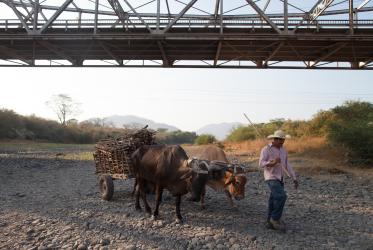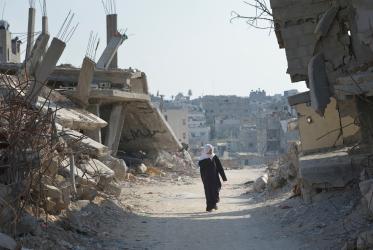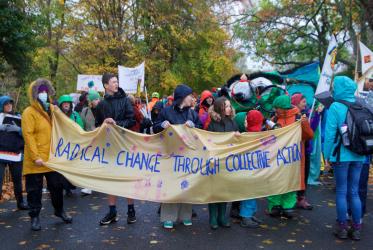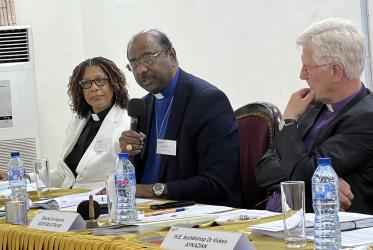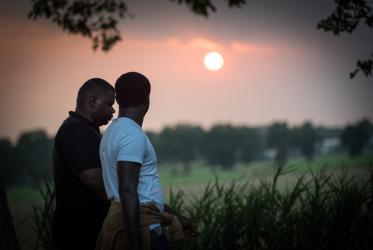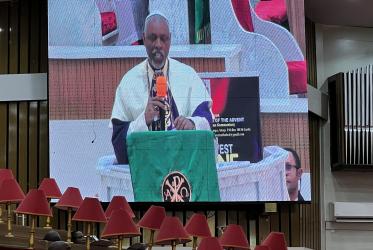Displaying 801 - 820 of 28770
ÖRK fordert internationale Hilfe für Flüchtlinge aus Bergkarabach
14 November 2023
WCC will host hybrid event on mental health advocacy
10 November 2023
75 years of mental health advocacy: achievements, challenges, and the future.
17 November 2023
Ecumenical center in Geneva and online
World Council of Churches plans pilgrimage to Marshall Islands
09 November 2023
Young Black European Christians will share vision for mission
09 November 2023


